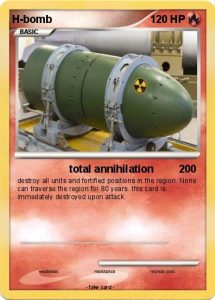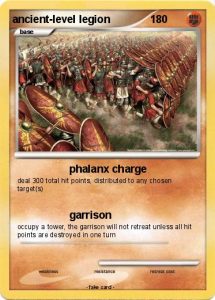The Game
Concept
This game is first and foremost a game of conquest, conquest that is represented through one’s control of towers that dot Ulessancer’s landscape. The ultimate goal of this conquest seems simple: survival and preservation of a state and people designed by the player, but as the game progresses in time and magnitudes of technology, the players will learn that it’s anything but. The obstacles in the players’ paths aren’t simply each other though, they will have to contend with a hostile continent filled with non-playable bandits, fantastical creatures, and expenses of living in hostile climates.
Description
As stated before, the core goal of this game is survival, but not in sacrificing prosperity. The players create their own factions, and these factions all need land and resources to create their own states, these are conveyed through Towers, which dot Ulessancer, and only after acquiring a tower do you gain access to the land and resources of the surrounding region. The ability to take a tower comes through the use of cards that act as units. These units have specific attacks and weaknesses, and can be anything from a Legion of Roman-era soldiers, to a hydrogen bomb. Additionally, you need to set up a logistics network in between all of your territory, this will act as a soft-restriction as continual conquest early in the game could exhaust your resources to the point that other players could defeat you easily. This leads me to the characters and adversaries, who will irrevocably try to cheat and kill you, people who would sooner feed themselves to a lion than create a truce or peace agreement, your friends during a board game session. This board game takes multiple people to play, and each player creates their own state, your interactions with others as time moves forward makes up the “story” of this game. But that isn’t to say that’s all there is, as you are playing, there will be specific events that happen at specific times, say someone eventually invents a steam engine, then someone harnesses electricity, and even splits the atom, all of those events come with additional options to how you distribute resources, fight other players, and expand your territory. This mechanic of technology advancing over time can also affect gameplay at a base level, say someone wants to simply survive until they reach a certain threshold of technology, and then devote their stockpiled resources to building their state as a true modern country, bypassing the need to modernize a larger empire over time. Say somebody wants to conquer the continent before technology that could threaten them is even invented, that person has a built in deadline that is completely organic to their playstyle, or even if all countries settle into an uneasy cold war, and wait until they can build nuclear weapons, only to unleash them all into a short, brutal nuclear war lasting only a few rounds at most. All of these possibilities are completely organic, and change how people play the game at a base level, but that’s not to say these are necessary for success. One can use any one of these strategies, a combination of them, or one of their own devising, so long as they remember the end goal, their empire spanning across the continent, whether that be a preindustrial paradise, or an irradiated wasteland.
Competition
This game has a few decent ideas and I think it has a few solid potential executions of those ideas, but there are quite a few existing board games that fulfill this niche. Sid Meier’s Civilization is the largest competitor (the video games, and the board games), but I feel like the appeal of those games are slightly different than this one. Those games are all about taking a preexisting famous civilization, such as the Romans, and moving it throughout the ages while increasing their capabilities socially, technologically, and militarily. I think Towers of Ulessancer is different in concept and execution for a few reasons. The first reason is that this is a culture that you create yourself, it could be roman themed, or it could be egyptian, it could even be a desert culture with the stylings of Victorian England, so instead of choosing your ideal faction, you create it. Towers also has differences with how technology advances, instead of it being reliant on you, it is independent, whether this change is good or bad depends, but it is an interesting change nonetheless that can provide for some challenges and solutions unique to how Civilization’s science statistic functions. There are certainly parallels, I would be remiss to say this is an entirely original game, but it has a few ideas I believe would make for a good game nonetheless.



